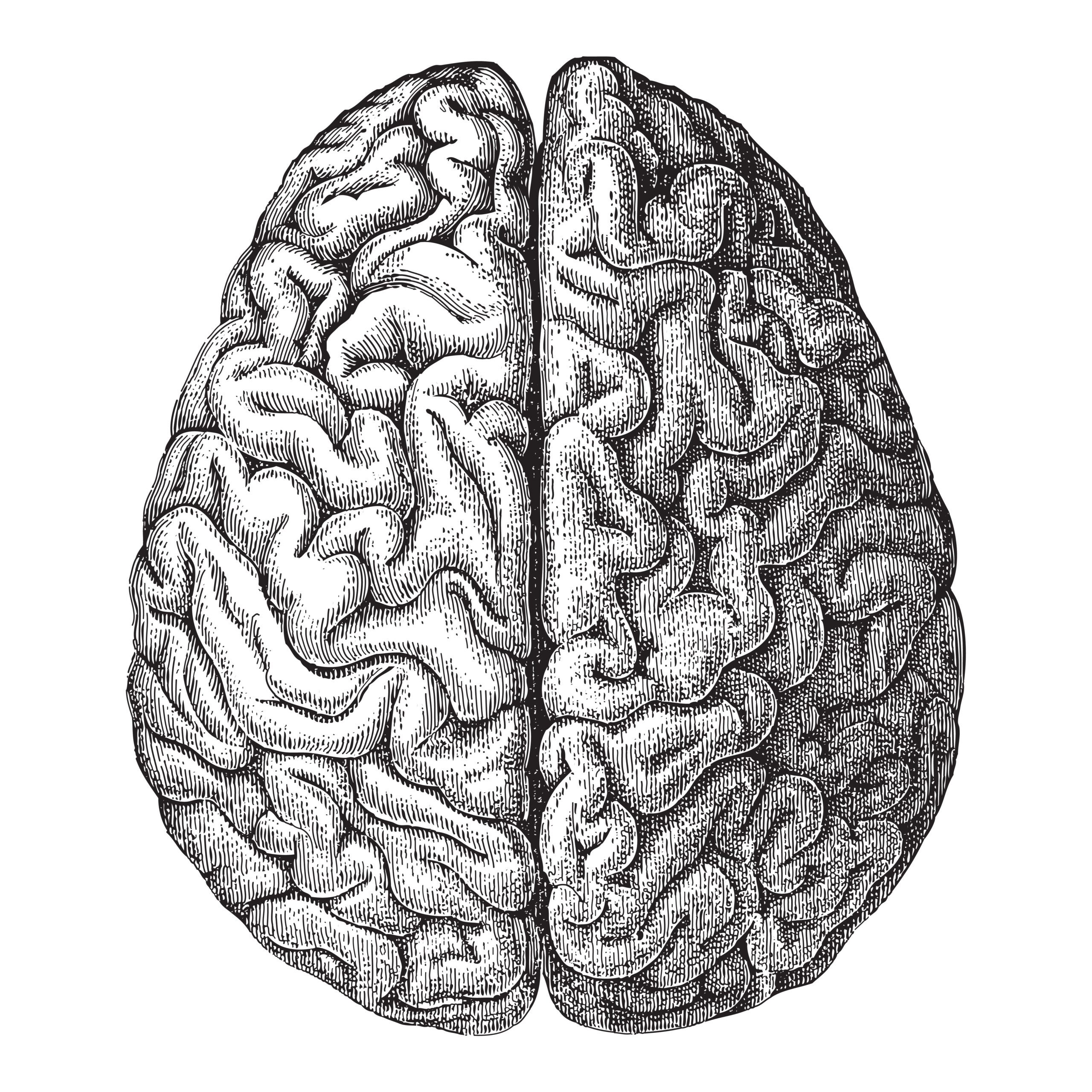Feed Your Brain!
November 6, 2012
 1957
1957 
Feed Your Brain
Do you remember that PSA (Public Service Announcement), where an egg is being fried in a pan and the message is, “This is your brain on drugs”? Pretty vivid picture of what drugs – the bad ones – can do to your brain.
Unfortunately, it can be more than just drugs that may cause your brain to suffer. Age, stress, and a variety of health conditions can put your brain under duress. Some medical experts are even linking being overweight or obese to developing dementia and Alzheimer’s disease later in life.
So what do you do? You can’t stop the clock on aging – time will pass as it always does. Stress is hard to avoid in this day and age of a struggling economy and the everyday fires that need to be put out. Health conditions are manageable… but often to a point. Trust me; I’m not trying to point a dismal picture here. I’m simply setting up what might be, to what COULD be when it comes to brain health.
See, there are specific nutrients that can go a long way in regards to “feeding your brain.” We take a look at a few of those nutrients below.
Ginkgo Biloba
This one probably sounds fairly familiar. Supplement stores, drugstores, and most any online supplement source have Ginkgo readily available. But what exactly can it do for your brain? Fundamentally, Ginkgo acts as a vasodilator, which means that it widens or “opens up” capillaries in your brain to increase blood flow. And the more blood flow you have to your brain, the more efficiently it can work. Studies have shown that Ginkgo may also enhance memory – even in individuals who suffer from dementia or Alzheimer’s disease.
Bacopa Monnieri
This nutrient originates from a marshy perennial native to Asia. While traditionally used to address such health conditions as epilepsy, asthma, ulcers, sexual dysfunction and fertility, it has also been studied for its brain benefits; specifically in regards to memory and depression and/or anxiety. Some experts believe it works in these areas by enhancing synaptic transmission and promoting neuron communication.
Rhodiola Rosea
Also known as Golden Root, or Arctic Root, this herb is native to parts of Asia (China) and Siberia. While likely most well-known for its anti-stress, anti-depression and anti-anxiety properties, the herb has also shown promise when it comes to mental performance. It may also boost energy, stamina and endurance – leading to overall physical and mental vitality.
Huperzine A
This nutrient is derived from the Chinese club moss Huperzia serrate. According to Brent A. Bauer, M.D., a contributor to the Mayo Clinic website, Huperzine A acts as a cholinesterase inhibitor — which is a type of medication that works by improving the levels of neurotransmitters in the brain. Bauer goes on to state that initial studies show that Huperzine A may “improve memory and protect nerve cells, which could slow the cognitive decline associated with Alzheimer’s.” Huperzine A has also been used to boost energy and mental alertness.
Nutrition for Your Brain
As you can see, even with just these few nutrients you can help promote a healthy and vibrant brain – today and into the future. And there’s no need to wait to start seeing the “effects” of diminished brain health! As one of our Founding Fathers, Ben Franklin, so aptly put: an ounce of prevention is worth a pound of cure.
Just remember… it’s important before taking any of these supplements that you consult your doctor or healthcare provider. Even the most natural of healing devices can have side effects or interactions, so make sure you do some research before jumping on the brain bandwagon.

A new study suggests that a widely used sugar substitute found in diet sodas, chewing gum, and low-sugar yogurt may elevate insulin levels. This could increase the long-term risk of heart disease. “Artificial sweeteners have infiltrated nearly all types of food, making it crucial to understand their long-term health effects,” said Yihai Cao, senior author […]

Diet Coke has long been a fan-favorite among soda lovers who want a fizzy, guilt-free alternative to traditional soft drinks. While its zero-calorie, zero-sugar label makes it seem like a healthier option, the reality is far more concerning. Despite its undeniable popularity, Diet Coke’s nutritional profile has raised red flags among health experts for years. […]

New study shows that embracing an anti-inflammatory, plant-forward diet can support cognitive function and help reduce the risk of dementia. What You Eat Shapes Your Brain The food you eat doesn’t just impact your body—it also affects your brain. Research suggests that eating an anti-inflammatory, plant-based diet can help improve memory, focus, and overall brain […]